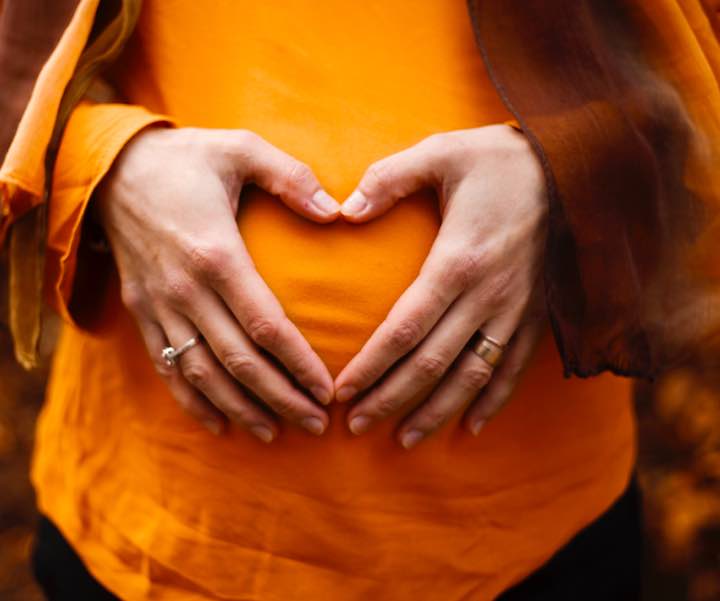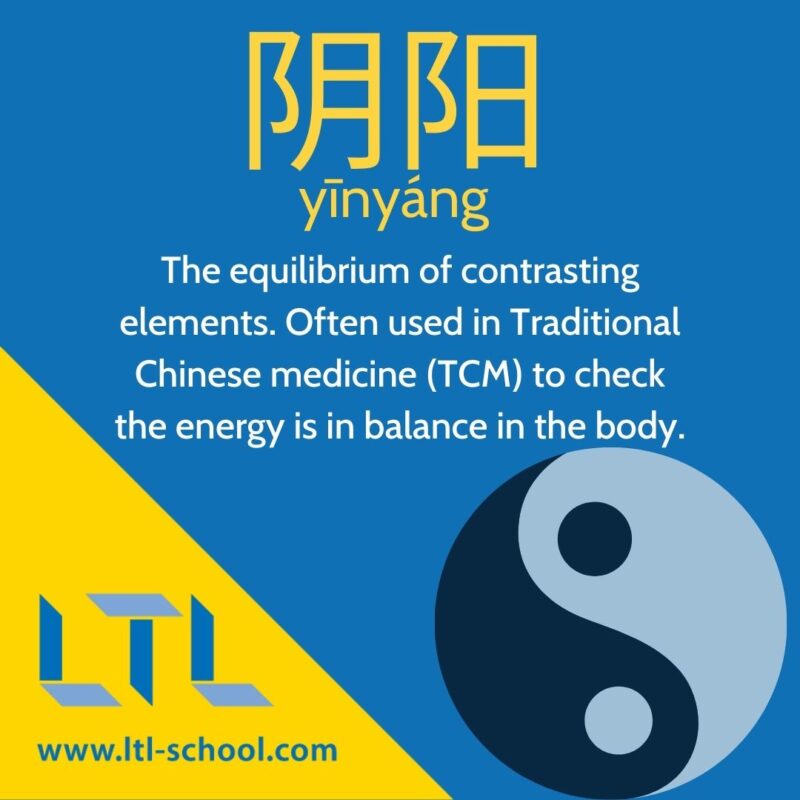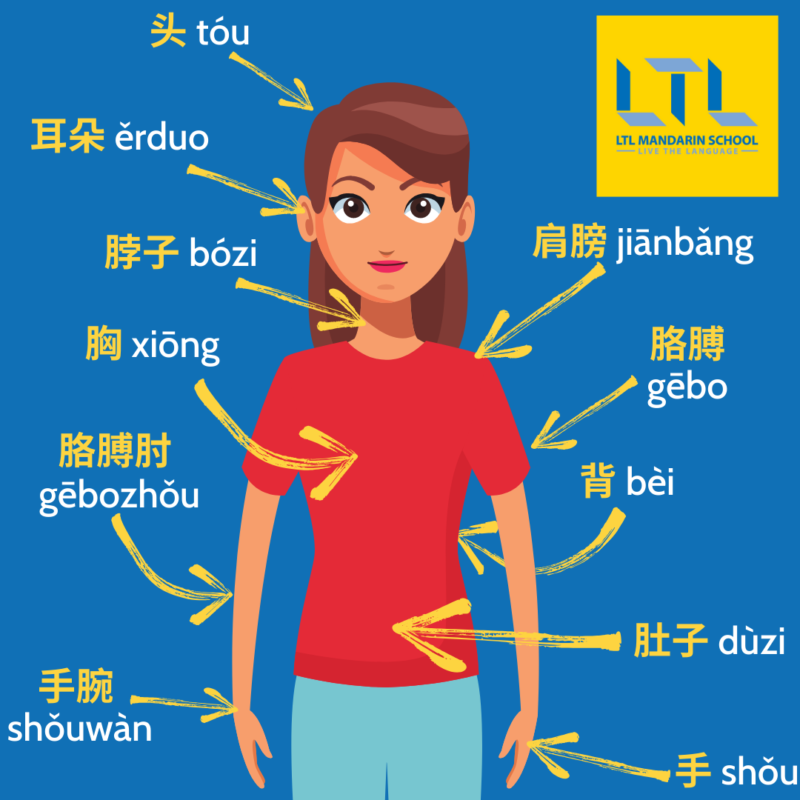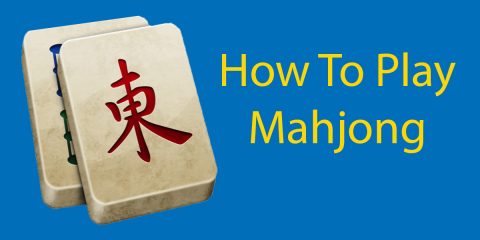Chinese Pregnancy Traditions 👶 What is 坐月子?
All You Need to Know on Pregnancy in China
“Sitting-in” or “zuò yuè zi” (坐月子). Have you heard of this Chinese pregnancy tradition?
Today we touch on the really interesting topic of Chinese Pregnancy Traditions. And concentrate on one in particular!
The Chinese pregnancy tradition to know is ‘Sitting in’ or ‘doing the month’. It’s a notoriously structured month of ‘rest’ following childbirth championed in Chinese culture.
Although not unique to China, the Chinese traditions of balancing Yin and Yang for health and strong family links tie in well with the experience.
You can check out our post on family ties to learn more about the immediate and extended family!
Read on to learn about pregnancy, postpartum traditions and the continued practice and development in modern society.
Chinese Pregnancy Traditions || Pre-Birth Highlights
Chinese Pregnancy Traditions || Zuò Yuè Zi
Chinese Pregnancy Traditions || Yin and Yang 101
Chinese Pregnancy Traditions || Post-Natal Confinement Rules
Chinese Pregnancy Traditions || Modern Day Application
Chinese Pregnancy Traditions – Pre-Birth Highlights
From pregnancy, an expectant mother’s yin and yang becomes off-balance, so family members will share caretaking duties and encourage new dietary habits.

This is to ensure both mother and baby are physically and mentally healthy as a result of the love and support they receive.
Rules during pregnancy include consuming special soups, avoiding pineapple (to prevent miscarriages) and avoiding lamb dishes (because lamb sounds like ‘epilepsy’ in many Chinese dialects).
At the time of the birth, the mother-in-law will be present instead of the husband to provide support.
Following the labour, the baby will cared for by nurses and family members for up to 24 hours to allow the new mother some time to rest and recover.
Chinese Pregnancy Traditions – “Doing The Month”
For thousands of years, new mothers have taken part in the Chinese pregnancy tradition of 坐月子 (zuò yuè zi), translated as ‘doing the month’ or ‘sitting in’.

This act is also known as ‘postnatal confinement’ and is documented as early as the first century, recorded in the Book of Rites – one of the foundational classics of Chinese tradition – from the Zhou dynasty.
“Post-natal confinement” is simply the first 30-40 days after birth where the mother does not leave home, entertain visitors or shower.
Most new mothers will be cared for by their own mothers or mother-in-law, who will either visit daily or move in for the time period.
The traditional belief stems from an understanding that both the mother and baby have low immunity and need to be protected and nursed back to full health.
During this period of isolation, specific food and drinks are regularly prepared for the mother to help rebuild her body, shrink her uterus and encourage lactation.
This confinement period can also be referred to as the “fourth trimester” as it’s a crucial period of time for the newborn to adjust to life in the world and the mother to recover.

Chinese Food Culture // The 8 Great Chinese Cuisines
Chinese cuisines have typically been divided into ‘Eight Great Cuisines’ as a means of simplifying this vast and complex tradition.
Chinese Pregnancy Traditions – Yin and Yang
Yin and Yang is a premise that underlines all Chinese philosophy and is just as prevalent in the post-birth recovery traditions as it is in Chinese medicine, food choices and even what temperature water you should drink.
If you’re not sure about the answer, check out our informative post on why Hot Water is a massive thing in China!

The basic principle is that your Yin and Yang must be balanced in every aspect of your life.
As soon as the two fall out of balance, you are more prone to illness and disease.
Many foods, medications and illnesses fall into the categories and can be counteracted by increasing the opposite energy.
Traditional Chinese Medicine dictates that in the human body, our blood carries ‘qi’ or ‘chi’ at all times – a crucial energy needed to thrive.
When blood is lost through childbirth, the body falls into yin (coldness). A new mother will need to increase her yang to restore balance to her body.
This is heavily reflected in the Chinese pregnancy rules – a good example is the dish pork knuckles mixed with ginger and black vinegar.
The pork helps with calcium levels, the ginger removes wind from the body and the meaty broth provides hydration and nutrients.
Every ingredient helps to remove or undo an imbalance.

Chinese Pregnancy Traditions – Post-Natal Confinement Rules?
Post-natal confinement rules vary and typically each family will decide individually how to follow them.
The listed rules are more of a ‘guideline’.
Family members, especially mothers and mothers-in-law will advise from their own experiences and knowledge, passing down wisdom that will be further shared down the line in the future.
The primary principle is to avoid catching a chill to prevent illnesses later on including joint problems, whilst resting, sleeping, feeding the newborn baby and eating only.
Rules commonly include:
Avoid cold drinks, coffee or any water that isn’t tepid or hot
Do not shower or wash hair
Do not leave the house and minimise activity and exercise
Avoid raw fruit and vegetables, keep food bland and unflavoured
Avoid wind (fans / air conditioning / opening windows)
Do not climb stairs
Do not have sexual relations
Do not cry
Additionally, strict rules may encourage new mothers to stay in bed for the first two weeks.
They may also be discouraged from watching TV, reading or access to their phones to avoid becoming too emotional over external drama or problems.
Ingredients such as red dates, sesame oil and ginger are key ingredients in medicinal broths and soups during the time period.
The binding of the stomach is also encouraged to prevent the possibility of organ prolapses, improve the waistline and aid organs in returning to their original locations prior to pregnancy.
Chinese Pregnancy Traditions – Modern-Day Twist
For many, the traditional, stricter version of staying home is viewed as outdated so has been adapted to keep it relevant in the 21st century.
With time restrictions on maternity leave and general need for access to technology, it’s often not wholly possible to maintain a complete ‘sitting in’ month, so solutions are cropping up.
Around mainland China, luxurious confinement centres are appearing in mass.
These offer 24-hour assistance from trained nurses, dietary advice and pre-cooked meals are delivered, access to doctors and an additional layer of peace – more control over how to observe the period.
A stay in one of these centres can cost more than 100,000 RMB ($15,484) according to Chinese news outlet Sixth Tone, who also highlight that with new control comes modernisation.
These centres will provide a weekly hand-washing with washcloths soaked in TCM, combining the aversion to washing with the benefits of TCM exposure.
After giving birth and sitting the month, a woman is recognised as a mother as well as a wife and a daughter.
Her position in the family is elevated, so it’s important she is allowed the time to rest and recover in order to fulfil her new role efficiently.
The centres are a combination of scientific and traditional Chinese methods, allowing flexibility to modern issues.
As recently as 2013, cases of heatstroke and subsequent death have occurred in new mothers attempting to avoid catching a chill.
Adjusting the age-old tradition to continue allowing new mothers the option to recover fully whilst preventing harm is a necessary move.
If you end up sitting in yourself but decide to observe the rules less formally, or just want more insights into Chinese culture, check out our video about some of the best Chinese dramas currently available below!
Chinese Pregnancy Traditions – FAQs
Do Chinese mothers leave the house after giving birth?
Not for the first 30 days, this is known as the zuò yuè zi period (‘doing the month’).
What is the postpartum period called in Chinese?
坐月子 – zuò yuèzi.
It translates to ‘sitting in’ and is often referred to as ‘doing the month’ or post-natal confinement.
What do new mothers traditionally avoid after giving birth?
New mothers traditionally avoid washing their hair and body, raw fruit and veg, cold air, going outside, going up and downstairs and crying.
Want more from LTL?
If you wish to hear more from LTL Mandarin School why not join our mailing list.
We give plenty of handy information on learning Chinese, useful apps to learn the language and everything going on at our LTL schools!
Sign up below and become part of our ever growing community!
BONUS | Want to study the local Taiwanese dialect known as Hokkien? We provide Hokkien classes in person and online.
![[𝗢𝗟𝗗] LTL Taiwan Logo](https://old.ltl-taiwan.com/wp-content/sites/10/logo-ltl-header.png)

 Hi, my name is Manuel! I am from Spain and I am a Student Advisor at LTL and I’m based at our Taipei school.
Hi, my name is Manuel! I am from Spain and I am a Student Advisor at LTL and I’m based at our Taipei school.


1 comments
[…] Chinese Pregnancy Traditions ???? What Should I Know? […]